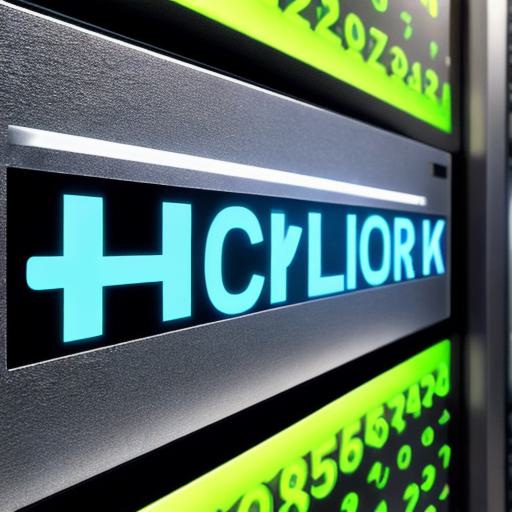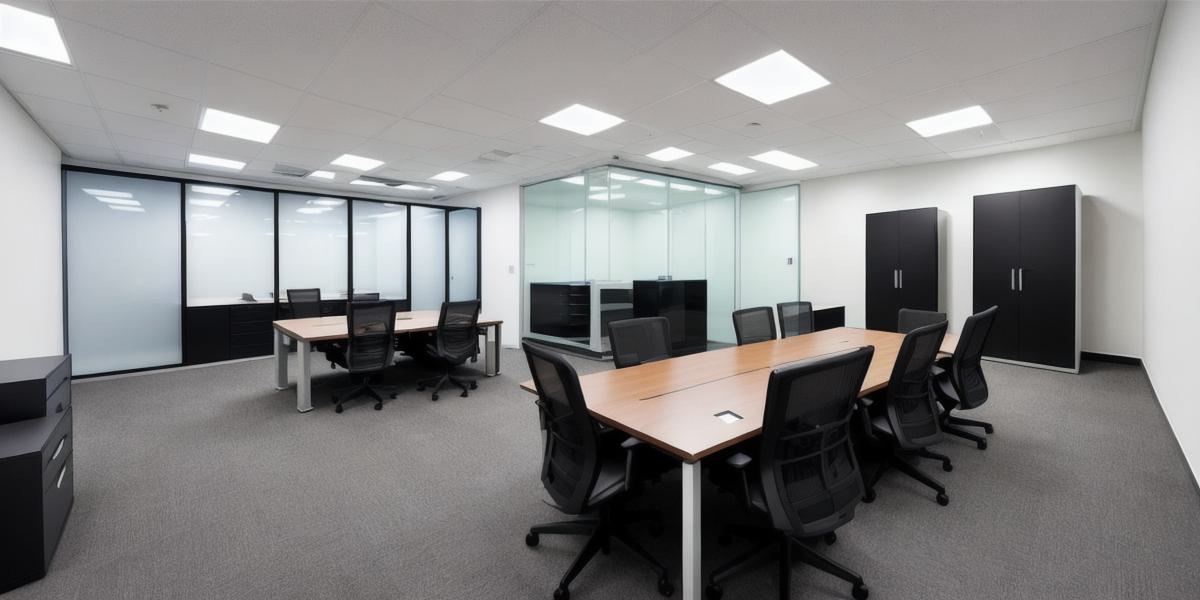In today’s digital age, securing sensitive information is paramount. One effective solution for achieving this goal is by using a data room. A data room is a secure, virtual space where organizations can store, manage, and share confidential documents with authorized individuals. In this text, we will explore the benefits of using a data room for storing and sharing sensitive information.
1. Enhanced Security: The primary benefit of a data room is its robust security features. Data rooms employ various access control mechanisms, such as multi-factor authentication, IP restrictions, and role-based access to ensure that only authorized individuals can access the sensitive information. Moreover, advanced encryption techniques are used to protect the data both at rest and in transit, safeguarding it from potential breaches and cyber threats.

2. Seamless Collaboration: Data rooms facilitate efficient collaboration by enabling secure file sharing and real-time document editing with multiple users. This is particularly beneficial for organizations that have teams working remotely or need to work on large projects requiring input from various stakeholders. By using a data room, businesses can minimize the risk of email attachments being lost, misplaced, or falling into the wrong hands, thereby maintaining the confidentiality and integrity of sensitive information.

3. Compliance with Regulations: Data rooms assist organizations in adhering to various regulations and industry standards, such as HIPAA, GDPR, and Sarbanes-Oxley Act (SOX). These regulations impose strict requirements on how sensitive data must be handled, stored, and shared. Data rooms offer features like audit trails, version control, and granular access controls that help organizations maintain compliance with these regulations, ensuring they avoid potential legal issues and financial penalties.
4. Simplified Due Diligence Process: For businesses involved in mergers and acquisitions (M&A), data rooms streamline the due diligence process by providing a centralized platform for sharing sensitive information securely with potential buyers, investors, or partners. Data rooms also support virtual data rooms, enabling users to access information from anywhere, making it more convenient and cost-effective compared to traditional methods like physical data rooms.
5. Improved Data Organization: Data rooms allow organizations to structure their data effectively by categorizing documents into folders and subfolders based on various parameters such as projects, teams, or departments. This not only makes it easier for users to locate relevant information but also ensures that sensitive data is stored in the correct place, minimizing the risk of unintended exposure.
**Summary:**
In conclusion, using a data room offers numerous benefits for organizations looking to store and share sensitive information securely. By providing enhanced security features, enabling seamless collaboration, ensuring compliance with regulations, simplifying the due diligence process, and improving data organization, data rooms help businesses maintain the confidentiality and integrity of their valuable information while reducing operational complexity and risks.
